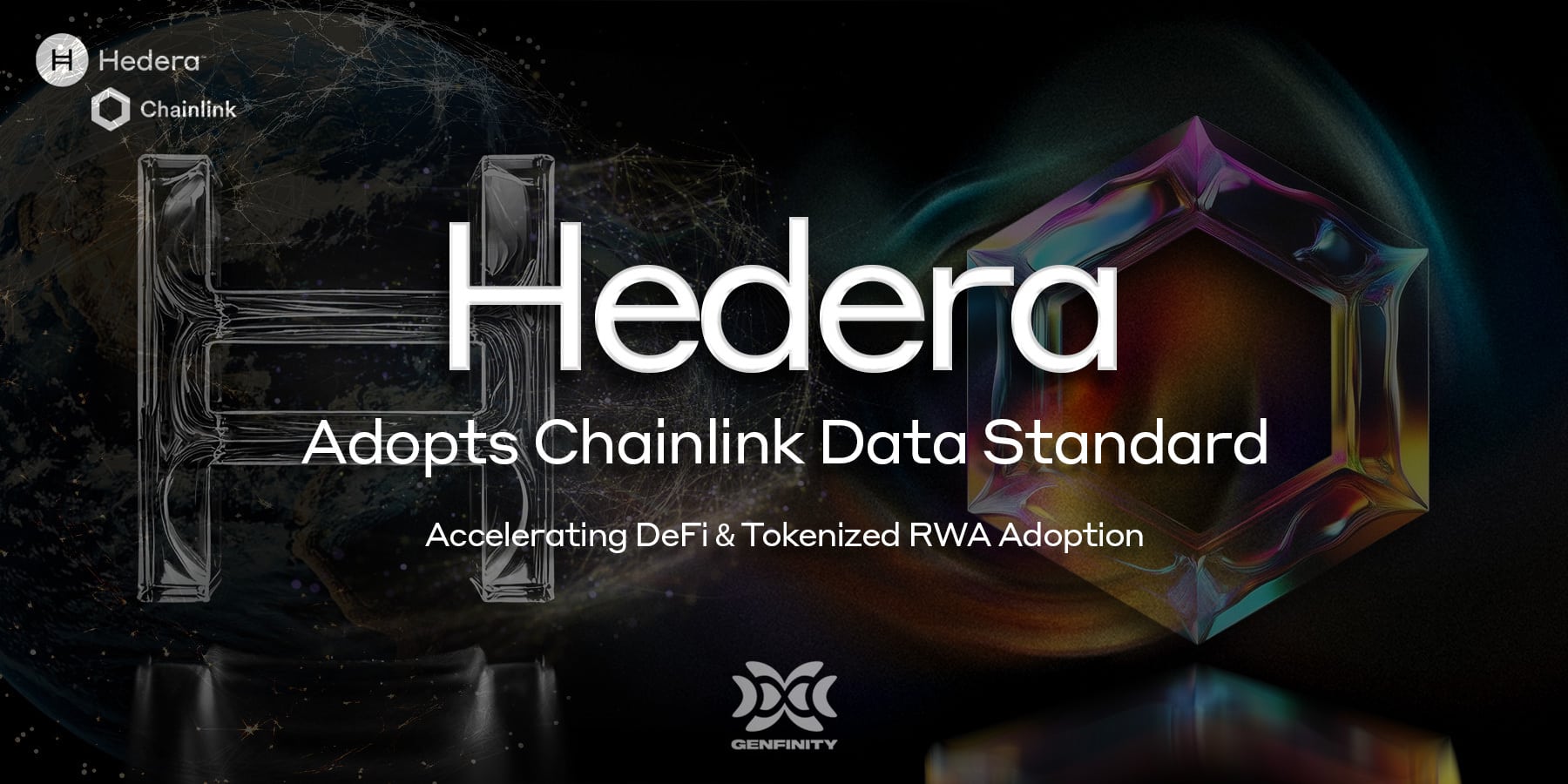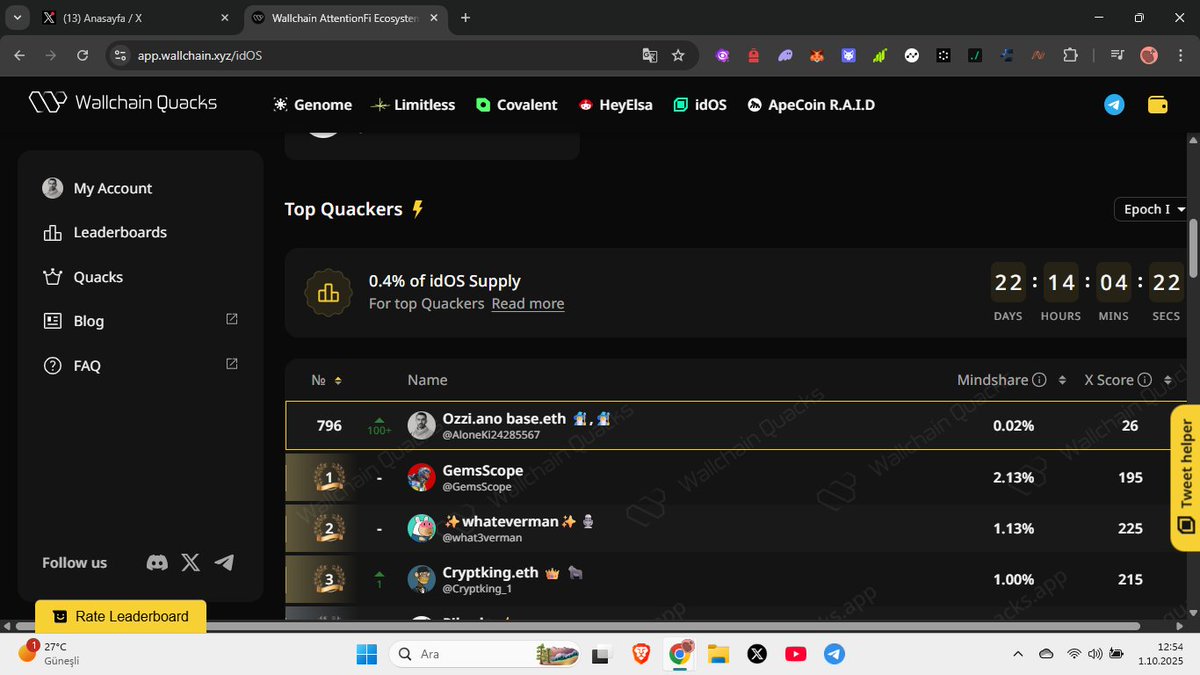
As decentralized finance (DeFi) continues to expand, regulatory compliance and trust are becoming non-negotiable for projects seeking mainstream adoption. The emergence of onchain attestations for KYCed addresses is transforming how DeFi allowlists and token sales manage identity, compliance, and privacy. With Ethereum trading at $3,871.94, the stakes for secure, scalable, and interoperable identity solutions have never been higher.

Why Onchain Attestations Matter for KYCed Addresses
Traditional Know Your Customer (KYC) processes are siloed and repetitive. Each new DeFi platform or token sale often requires users to resubmit sensitive documents, an inefficient and risky approach that undermines both user experience and privacy. Onchain attestations upend this model by providing cryptographic proofs that a wallet address has passed KYC checks without exposing underlying personal data on the blockchain.
This innovation enables decentralized KYC credentials: reusable identity proofs that can be recognized across multiple protocols. Instead of uploading documents repeatedly, users receive a blockchain-based attestation from a trusted provider after completing KYC once. This attestation is then referenced by smart contracts for allowlist eligibility or token sale participation.
Streamlining DeFi Allowlists with Onchain Identity Proofs
The allowlist, a curated set of approved wallet addresses, is foundational in DeFi launches and gated communities. Historically, managing these lists meant off-chain spreadsheets or centralized databases vulnerable to leaks or manipulation. With onchain attestations:
- Smart contracts can instantly verify if an address holds a valid KYC attestation before granting access.
- User privacy is preserved; no personal information is revealed on-chain, only the fact that a given address meets compliance requirements.
- Interoperability is enhanced, as standardized attestations can be recognized across different DeFi protocols without redundant checks.
This approach not only accelerates onboarding but also supports regulatory compliance at scale, an essential factor as institutional capital increasingly eyes Web3 opportunities.
KYC Compliance in Token Sales: Automation Meets Auditability
The token sale landscape is especially sensitive to regulatory scrutiny. Compliance lapses can stall launches or invite enforcement actions. By leveraging onchain identity proof for allowlists, projects can automate participant screening:
- KYC once, participate everywhere: Users complete verification with a trusted provider; their attestation unlocks access to multiple sales without repeated onboarding friction.
- Automated smart contract checks: Token sale contracts read the blockchain directly to confirm eligibility before allowing transactions, minimizing manual oversight.
- Transparent audit trails: Every attestation is immutably recorded on-chain, supporting both internal audits and external regulatory reviews.
This paradigm shift not only reduces operational overhead but also positions projects to meet evolving global standards around digital asset distribution, a critical edge as competition intensifies in the sector.
Interoperability is another cornerstone of the onchain attestation model. As more DeFi protocols, launchpads, and token issuers converge on common attestation standards, users gain unprecedented flexibility. A single KYC credential can unlock participation across a spectrum of ecosystems, from DAOs to permissioned liquidity pools. This not only benefits users but also dramatically reduces compliance costs for project teams, who no longer need to manage fragmented onboarding flows or maintain duplicative databases.
Leading DeFi Projects Using Onchain KYC Attestations
-

Blockpass On-Chain KYC® 2.0: Blockpass empowers DeFi platforms to create verified, reusable digital identities for users via onchain attestations, enabling seamless allowlisting and compliant token sales while preserving privacy. Learn more.
-

Ethereum Attestation Service (EAS): EAS provides a universal protocol for onchain attestations, allowing DeFi projects to issue and verify KYC attestations directly on Ethereum, supporting compliant access to token launches and allowlists.
-

Chainlink Compliance Standard (OCP): Chainlink’s Onchain Compliance Protocol (OCP) integrates attestation-based KYC and compliance data into smart contracts, automating regulatory checks for token sales and DeFi access control. See documentation.
-

ONCHAINID: ONCHAINID enables onchain identity proofs and attestations for KYC, allowing DeFi protocols and token issuers to securely verify user eligibility for allowlists and regulatory compliance. Explore ONCHAINID.
-

Coinbase Onchain Verification: Coinbase leverages the Ethereum Attestation Service to issue Coinbase-verified, onchain KYC attestations, enabling users to participate in DeFi allowlists and token sales that require regulatory compliance.
As digital identity infrastructure matures, the privacy-by-design ethos embedded in onchain attestations becomes increasingly vital. Unlike legacy systems that expose sensitive data to multiple intermediaries, decentralized KYC credentials are cryptographically signed and zero-knowledge ready. This means users retain sovereignty over their identity proofs while still enabling regulatory-compliant access to high-value protocols.
The Road Ahead: Compliance Without Compromise
With Ethereum holding steady at $3,871.94, the appetite for compliant capital formation in DeFi is palpable. Regulatory clarity is coming into sharper focus globally, and projects that proactively integrate robust KYC solutions will be best positioned to capture institutional flows. Platforms like OnchainKYCe. me are setting new benchmarks by combining privacy-preserving attestations with seamless smart contract integration, delivering compliance without sacrificing decentralization or user autonomy.
For allowlist managers and token sale organizers, this toolkit is transformative: it enables frictionless onboarding at scale while satisfying both legal requirements and community expectations around privacy. The ability to verify eligibility instantly through an immutable blockchain record reduces operational risk and builds trust among stakeholders, from individual investors to large-scale funds.
The next frontier lies in cross-chain interoperability and composable identity frameworks. As standards like On-Chain KYC® 2.0 gain traction, expect to see even greater portability of credentials across EVM chains and beyond, further lowering barriers to entry for global participants.
Ultimately, the convergence of onchain attestations for KYCed addresses, automated compliance checks, and interoperable digital identities is paving the way for a more open yet regulated financial ecosystem. DeFi projects that embrace this paradigm will not only meet today’s regulatory demands but also future-proof themselves against tomorrow’s challenges as the Web3 landscape evolves.






